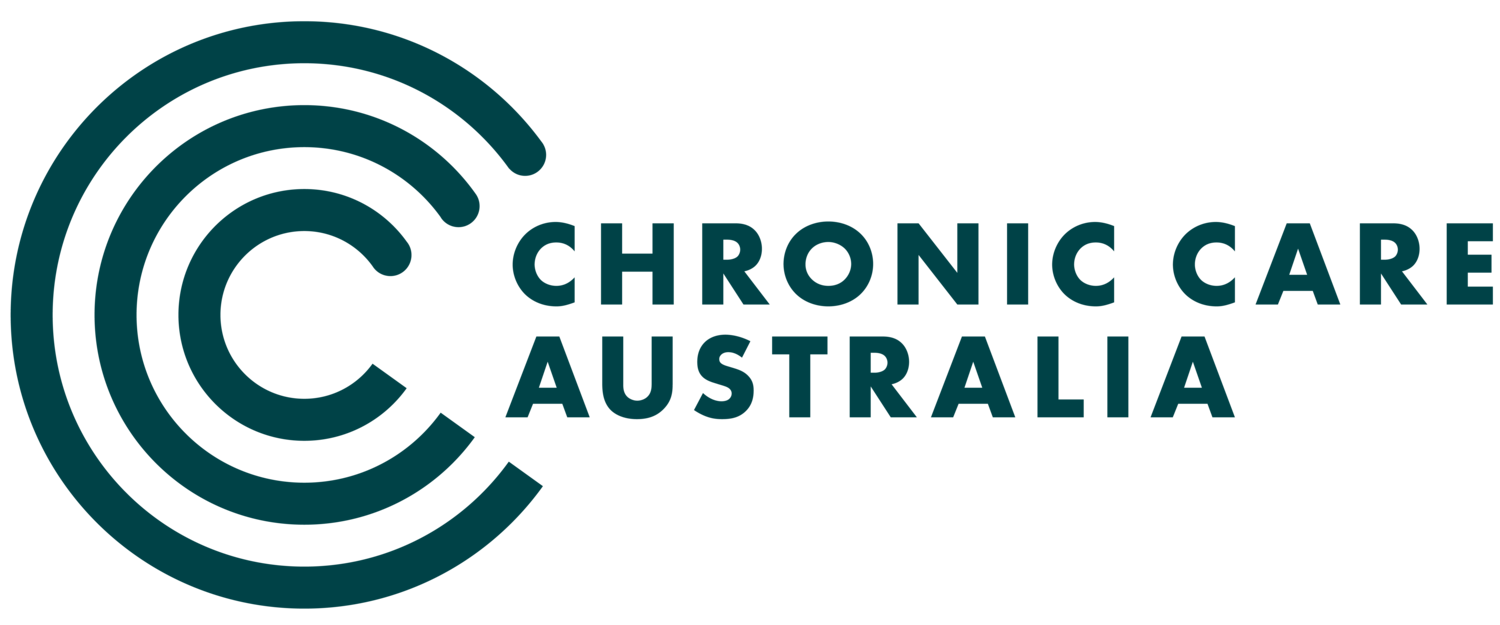Exploring Weight Loss Drugs: Key takeaways and useful information from our recent Dare to Care event.
Think of exercise as medicine: When embarking on a weight loss journey, collaborate with an exercise physiologist to incorporate tailored exercise prescriptions, including strength training and high-intensity interval training, to maintain, preserve and build muscle mass.
Strength training and hypertrophy: Click here to read a publication that offers insights and loading recommendations for building muscle mass. It is important that you seek out a qualified exercise specialist for professional screening and consultation. You can find one in your local area by clicking here.
Understand your body beyond weight: Consider all the factors contributing to your quality of life and click the link below for some Heart Foundation guidelines.
Measure your body composition: Check your hip to waist ratio. A DEXA scan is a good way to monitor your body’s visceral fat, subcutaneous fat and lean muscle mass. DEXA scans are available at Azure Medical + Cosmetics in Cottesloe.
BMI isn't everything: It doesn't give a true reflection of body composition.
Pillars of weight loss: Diet/nutrition, exercise, and sleep.
Consider risks and benefits: New weight loss drugs are promising but lack long-term data. Resistence training is being studied as a countermeasure to the loss of skeletal muscle mass that has been identified as a concern.
Empowerment through knowledge: Develop a health monitoring plan with your GP to include blood work, exercise programs and symptom management. Put detailed lifestyle plans in place before starting any weight loss medications and for when you stop taking them.
Opting for slower weight loss is advisable to mitigate muscle loss and other side effects: Rapid weight loss leads to reduced muscle mass and can impact metabolic, cardiovascular and bone health.
Measure, monitor & manage your health closely: Regularly assess your progress with your GP and address any symptoms you might be experiencing (at least every 4 weeks). Importantly, if using GLP-1 and/or GIP weight loss drugs (eg Mounjaro, Ozempic or Weygovy), it is recommended that strength training exercise should be prescribed, supervised and undertaken at least twice/week.
Speak with your GP and Pharmacist. Supplements (e.g. magnesium, melatonin, EPA/DHA, Vitamin D3 and probiotics) can provide complementary approaches, along with prescriptive medications alongside well prescribed Exercise Medicine. Pharmacist Jason Chew at Mosman Park Drive-In Chemist would be pleased to speak further with anyone privately and can compound individual doses. Phone: 9384 0219 or email: dispensary@mosmandriveinchemist.com

